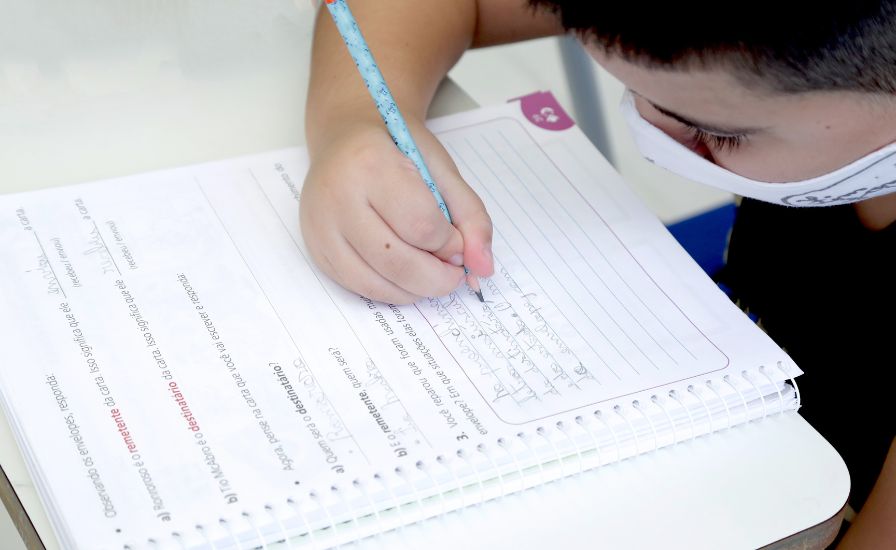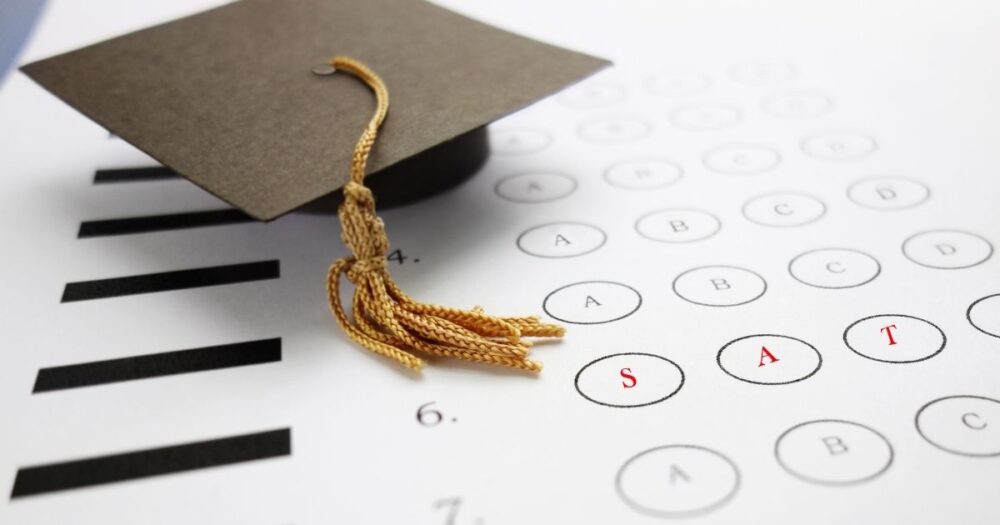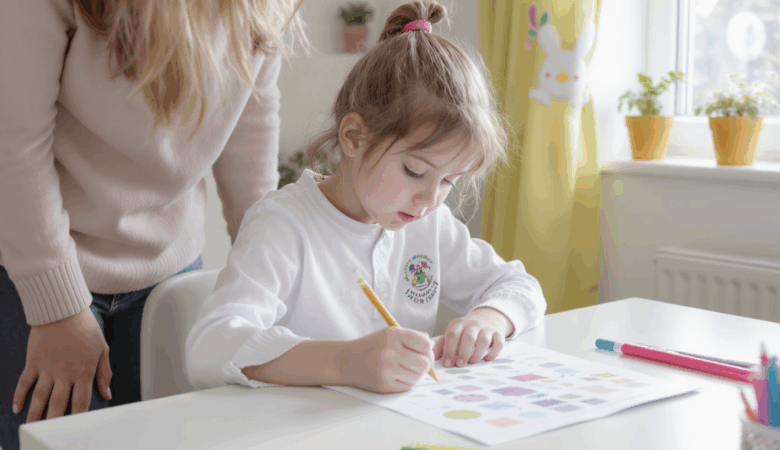If you are getting ready for your GCSE exam, you already know that this is a very difficult and challenging time for you.
As you guys know that GCSE exam is coming and following in week from Monday 6 May till June 21 2024, it’s crucial to navigate this challenging period with a solid plan. Whether you are trying for higher grades to get into your desired college or want to qualify for the particular courses. It’s important to prepare effectively.
With less time and more topics to cover, having a plan for studies is important. Here you will find everything you need to know related to your exams.
To help you do well in your GCSE, this comprehensive guide is compiled in the form of tips. These 15 tips cover everything from using 11 plus mock exams to effective methods.

1. Understand the structure of GCSE
It is necessary to Understand the structure of the GCSE exam. This includes knowing your courses, the format of each exam such as, multiple choice questions, short answer or essay questions and How the exam is graded. It will help you plan your preparation accordingly.
2. Create a schedule
A successful GCSE preparation requires a thoughtful study schedule. mark your GCSE exam dates and work beforehand, this means starting your preparation way before to have enough time that would cover each subject. Make sure your schedule is achievable and realistic which includes other activities and breaks. Keeping your mind fresh during the preparation will help you increase your knowledge.
3. Practise with mock exams
Mock exams are like an asset for a successful exam. These exams will give you an idea of the examination environment and prepare you for what you will experience in the GCSE exam. They help you in identifying your strengths and weaknesses, allowing you to focus on the areas where you are lacking.
Why 11 plus mock exams are important
- Opportunity for you to have an idea of a real exam.
- They will give you a reality check of your performance.
- They will let you have the experience of the actual exam hall.
- Helps you manage time efficiently
- Calms your pre-exam nerves.
4. Review mock exam results
After giving mock exams, don’t take your grades for granted. Analyse your results to identify where you need to work more. Find out if there are any specific type of subject questions where you struggled. Turn this information into an advantage for you to adjust your study plans and focus on areas where you need improvement. Prioritise giving more to subjects you lack in.
Prepare tests at home for yourself, practise them and try to solve them within the time limit.This will help you practice finishing your exam under the time limit and still saving time for rechecking it.
5. Make use of 11 plus worksheets
Although 11 plus worksheets are normally designed for the students preparing for 11plus mock exams, they can be a useful resource for your GCSE preparation, particularly in mathematics and English. They will allow you to practise basic concepts, providing a solid base for more advanced GCSE exam content.
6. Focus on your weaknesses
As the GCSE exam date approaches, it’s important to target your weaker areas. It’s important to target your weaker areas. The grades of mock exams can guide this focus. Spend additional time on subjects where you need improvement. Not necessarily, but you can consider seeking help from teachers or tutors if you need extra support.
Working on your weaknesses will decrease your chances of making mistakes or sitting blank in your exams which is going to result in higher grades.
7. Practise with past papers
One of the best ways for you to prepare for your GCSE exam is practising the past papers. These past exams will give you an insight of what type of questions you might have to answer in your actual exam. It will allow you to get familiar with the pattern of the exam and you will know about the distribution of marks and the layout as well. Use this opportunity to improve your time management and boost your knowledge.
8. Collaborate in group studies
Group studies can be an effective way to prepare for the GCSE exam. Studying with your friends or classmates allows you to share your knowledge. When you study alone you will have your own perspective but studying with others gives you different perspectives and helps you learn in different ways. This way everyone can learn something from each other and it will also motivate you to prepare well. These sessions can also make preparing for the GCSE exam more engaging and less stressful.
9. Use online resources
You will find a wealth of resources for your GCSE exam on the internet. Search for websites and platforms that provide study materials, helpful quizzes and video tutorials. These resources can provide your textbook material an enhancement and give you a better understanding of the topics.
You can use the online platforms to revise key concepts or to just test your knowledge. There are many pages where you can find questions from the past papers. Try solving them to make sure you are fully prepared.
10. Manage your exam stress
Managing stress is important. Techniques like regular exercise, deep breathing and meditation can be very helpful for you. Proper sleep and a balanced diet is also crucial for maintaining focus during this period.
Stay connected with your friends and family because they can give you emotional support and motivate you. They can help you divert your mind from exam related stress.
11. Guidance from teachers
Taking guidance from teachers will be very helpful while you are preparing for a mock exam. Don’t hesitate to ask for extra help or clarification on difficult topics. Their knowledge and experience can guide you through challenging parts and advise you on the practises you may need.
Getting feedback from teachers and tutors is also very important if you want to get better. They can look at your work and tell you what you need to improve. With this feedback, you can focus on specific skills or topics that need more practice, helping you adjust how you study and do better in your exams
12. Take regular breaks
Always remember to take a break during your studies. Participate in extracurricular activities like watching TV, playing sports or anything you like doing in your free time. Studying continuously for a very long time can be tiring and it’s necessary to make sure that you’re at your best for the GCSE exam.
13. Develop useful techniques
Practise managing time, planning your answers and reading the questions carefully. Mock exams are an excellent way of getting prepared for your actual exams. They will not only give you an idea about the exam pattern but also teach you time management. This practise can make you feel more confident and prepared on the day of your actual exam.
14. Understand the exam policy and rules.
Familiarize yourself with GCSE exam rules by practising with mock exams. When you already know these things it’s easier for you to solve the paper without any type of stress. It also increases your chances of avoiding mistakes during the exam.
15. Be confident.
Confidence can make a big difference when you are sitting in an exam hall. Believe in your ability to succeed and keep in mind how well you are prepared. Keeping a positive mind will decrease your stress. When you are fully prepared for everything there is no need to be tense.
Being confident helps you focus on the questions and avoid getting distracted by nerves or negative thoughts.

Conclusion
Following these tips will increase your chances of succeeding in your GCSE exam. One thing that is very important is that mock exams and 11 plus worksheets play an important role in preparation of your exams.
Understand why 11 plus mock exams are important and use them to your advantage. You can definitely gain valuable practice and ideas.
As much as preparation is important, your physical and mental health is equally important. Engage in different types of fun activities that will freshen up your mind and body, decrease your anxiety and stress of your exam by using these 15 tips and you will definitely ace your GCSE exam.
Good luck and remember to stay positive and confident!










Leave a Reply